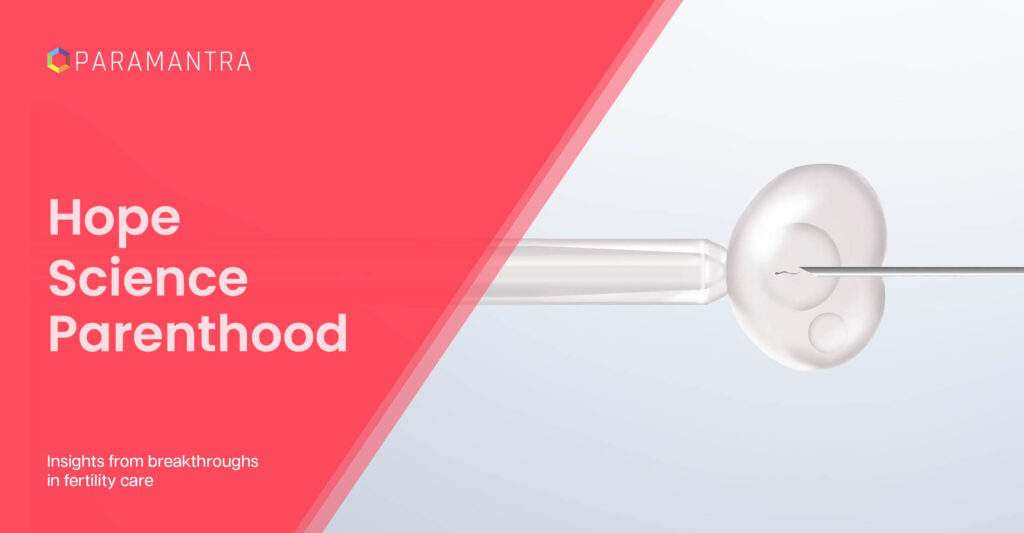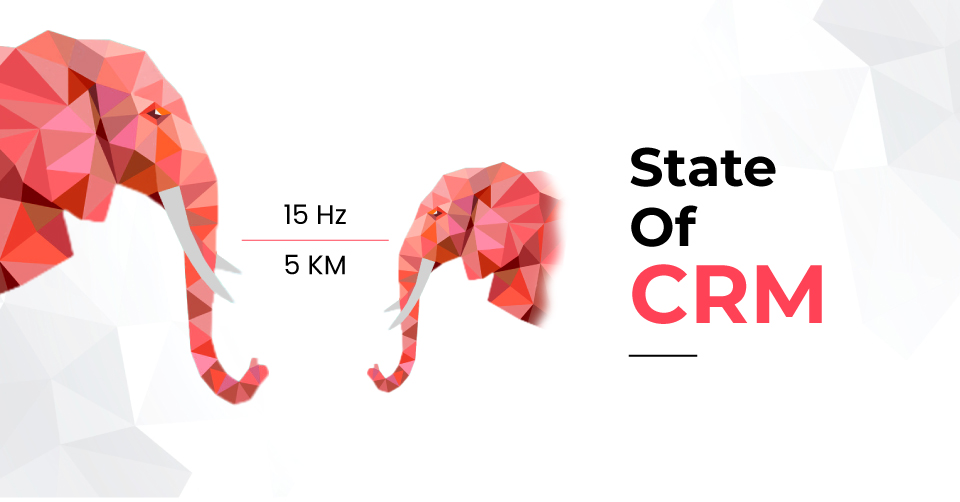
The Science, Systems, and Soul of the Modern Fertility
Infertility treatment was once a niche field, available only to a select few, wrapped in stigma, and marked by scientific ambiguity. Today, it has become a global concern, with nearly 1 in 8 couples experiencing fertility challenges, according to the Centers for Disease Control and Prevention. These struggles stem from a complex mix of medical and lifestyle factors, including delayed parenthood, hormonal disorders, obesity, and environmental stressors.
The birth of Louise Brown in 1978, the first child born via in vitro fertilization (IVF), marked a turning point for Assisted Reproductive Technology (ART), transforming what was once experimental into a globally recognized field of science and care.
This milestone resulted in subsequent techniques that included intracytoplasmic sperm injection (ICSI), preimplantation genetic testing (PGT), and embryo cryopreservation, which diversified the possibilities even further, offering hope to couples facing low sperm count, blocked fallopian tubes, and genetic conditions. Yet while science progressed, the patient experience lagged behind.
The Unseen Burden: Complexity, Cost, and Confusion
Despite scientific advances, the fertility journey often feels like like walking a tightrope without a net. Patients frequently report:
- Emotional exhaustion from repeated treatment failures
- Inconsistent communication from clinic or fertility center
- Opaque pricing models and a lack of financial clarity
- Fragmented care with poor follow-up systems
While precision in medicine, advancement in practices, and a real-time data approach have become foundational across other medical verticals like oncology and cardiology – fertility care still leaves many patients feeling alone, overwhelmed, and under-informed, despite representing a large and growing population.
This isn’t just a patient experience problem – it’s a business risk. Clinics that can’t deliver a seamless, emotionally intelligent journey lose not only trust but long-term revenue through drop-offs, negative reviews, and reduced referrals.
But fertility care is not standing still. Despite rising complexity and patient expectations, clinics and care teams around the world are quietly rewriting the playbook. What was once defined by uncertainty, uneven access, and emotional strain is now being redefined through science, empathy, and precision. Today, fertility providers are not just catching up; they are leading the shift toward care that is deeply personalized, predictive, and profoundly human.
The Next Wave of Advancement
Fertility care is at the beginning of a new phase, driven by deep tech, predictive analytics, and personalized medicine through:
- AI-Driven Fertility Planning
Machine learning enables more accurate predictions of IVF success based on hormone patterns, lifestyle inputs, and even genetic compatibility. AI-driven models are cutting treatment cycles by 30%, improving success rates while minimizing costs.
- Advanced Genetic Screening
Preimplantation genetic testing (PGT) now enables disease-free embryo selection, reducing miscarriage risks and enhancing implantation success, especially critical for women over 35.
- Stem Cell Research
Breakthroughs in in vitro gametogenesis (IVG), the process of generating sperm and eggs from stem cells, could radically change reproductive timelines. Clinical trials in countries like Japan and Israel are already underway, with early success in creating lab-grown gametes from skin cells.
- Wearables and Remote Monitoring
Smart reproductive health monitoring through AI-powered ovulation sensors, hormone trackers, and biometric analytics is enabling more precise, data-driven fertility management, moving beyond traditional cycles.
Innovation Alone Isn’t Enough
These breakthroughs are critical, but innovation alone doesn’t guarantee progress. Without the right systems, even the most advanced technologies risk underdelivering. Technology must be orchestrated. Data must be interpreted. Communication must be timely. Personalization must feel intuitive, not intrusive. That’s where operational infrastructure becomes critical.
The next phase of fertility care isn’t just about new tools; it’s about building intelligent, human-centered systems that connect every moment of care, from the first consultation to long-term support. As patient volumes grow and treatment options expand, the defining test for fertility care will be its ability to scale precision without losing empathy.
Marching Towards a Transparent, Scalable Future
Fertility care is no longer about isolated scientific milestones. It’s about systemic transformation, blending empathy with efficiency, and clinical outcomes with emotional intelligence. The future lies in a connected ecosystem where patients are seen as partners, data is used to anticipate needs, and care models adapt to diverse lives and budgets. From AI to gene editing, from startup-led platforms to global collaborations, the momentum is clear: fertility care is shifting from complex and costly to transparent, personalized, and scalable.
Hope at Scale
Parenthood should not be a privilege of geography, wealth, or chance. With the right technology, infrastructure, and patient-first thinking, we can reshape fertility care for the better. The future isn’t just about improving success rates, it’s about improving trust, accessibility, and the patient journey at every stage.
Managing that evolution isn’t simple. But it is possible with the right systems in place. Because at the heart of every fertility clinic isn’t just a procedure. It’s a person, holding onto hope.
And in the end, it’s those quiet tears of joy the moment another life begins, that remind us why this journey matters.
P.S. If you are part of a fertility care team working to deliver more connected, personalized, and emotionally intelligent experiences, you’re likely navigating many of the themes outlined above.
At Paramantra, we support fertility providers who are building the next generation of care models, where every touchpoint, from consultation to follow-up, is informed by insight and guided by empathy. Our CRM platform is built to enable that journey, helping care teams scale precision without losing the human touch.
Reach out to us to explore how we can support your transformation.
Categories
Latest Articles
Follow Us On
Custom-Built CRM For Your Business
Fill the form to consult with our experts and find out how our Enterprise CRM Software can transform every revenue process in your business. Choose from our 250+ modules and customize every element of our Enterprise CRM Software to address your needs.
- Complimentary CRM Consulting
- Free Configuration and Setups
- Custom training for your team
- 24x7 After-Sales Support
Business Fundamentals From Schrödinger
Probabilistic or deterministic models – understanding what is best for our businesses is critical, and few lessons from Schrödinger might set us on the right course.
Customer Data Integrity
Good customer data is perhaps more important than big data, when it comes to forming the foundation for accurate decision making for businesses.

Latest Advancements in CRM
The customer relationship management (CRM) industry is in a constant state of evolution, with new advancements and developments emerging on a regular basis.

